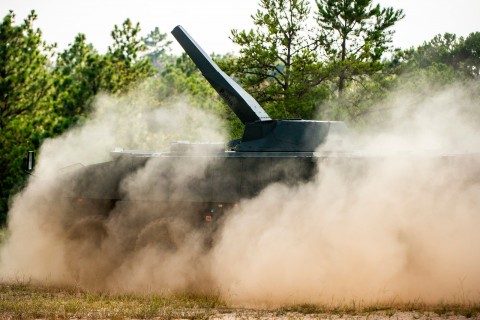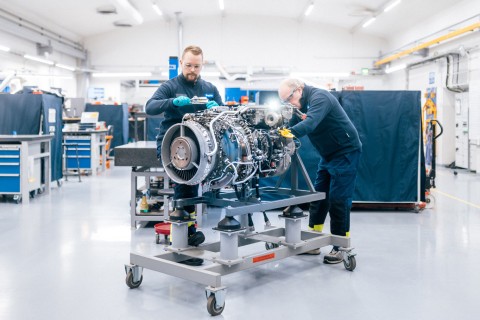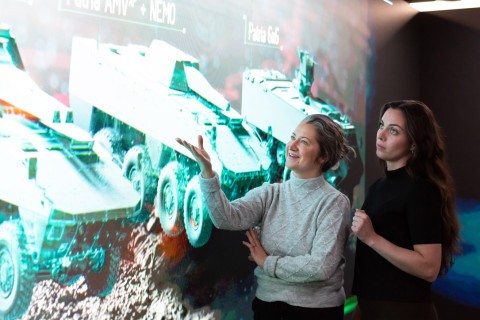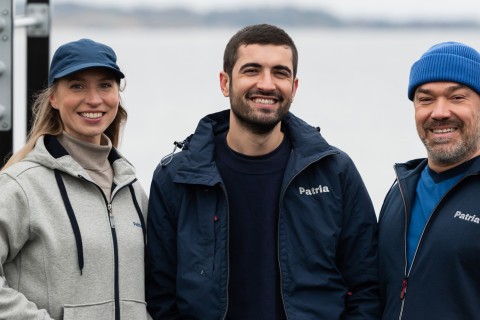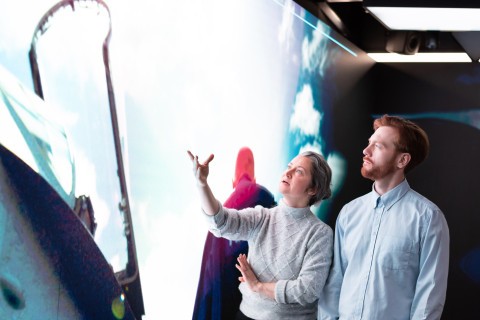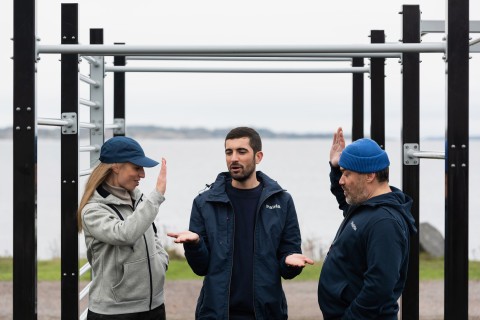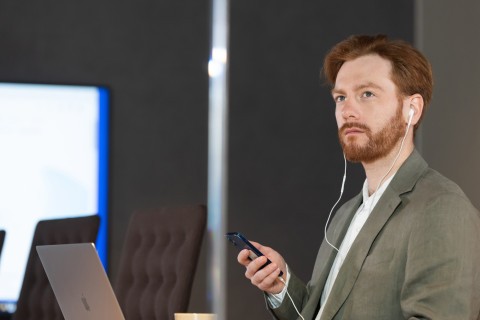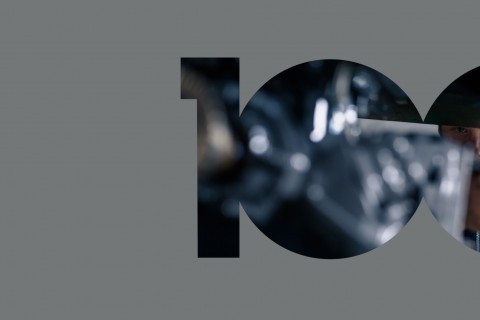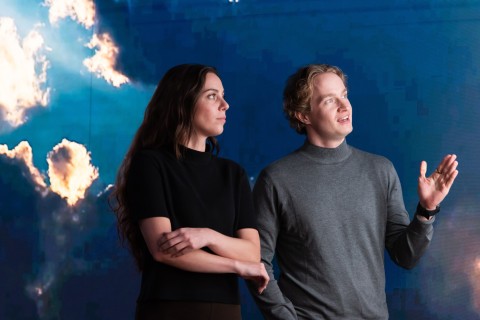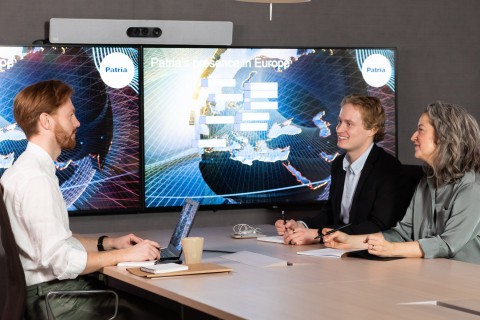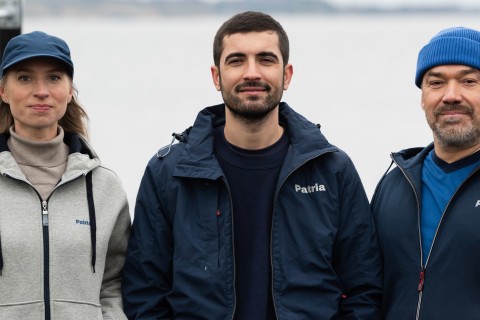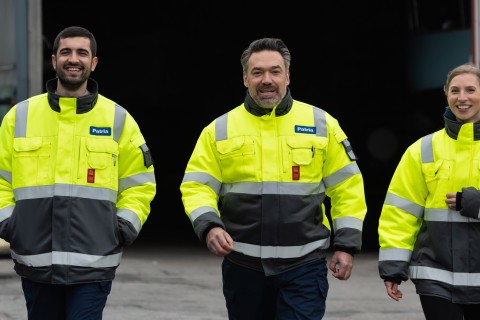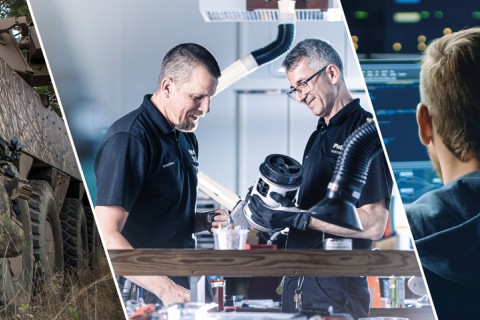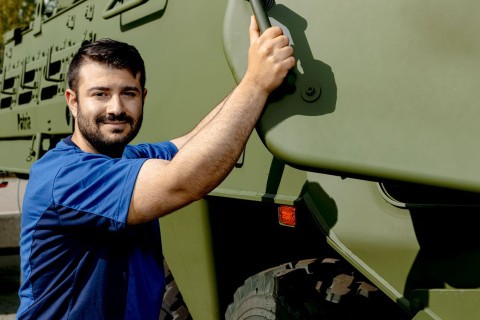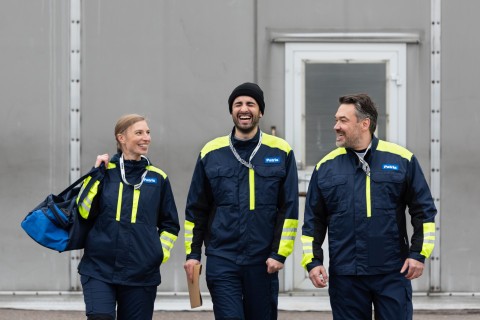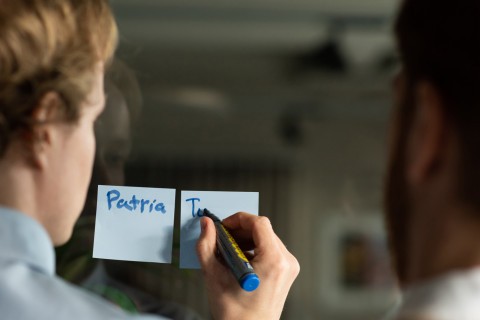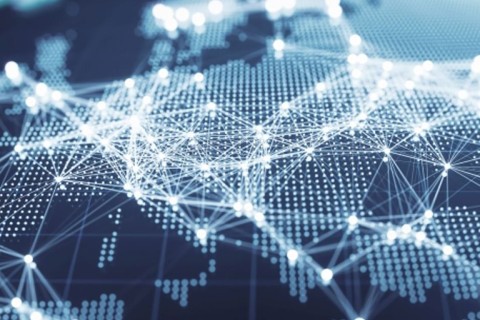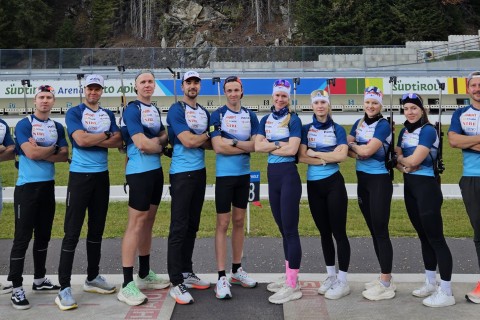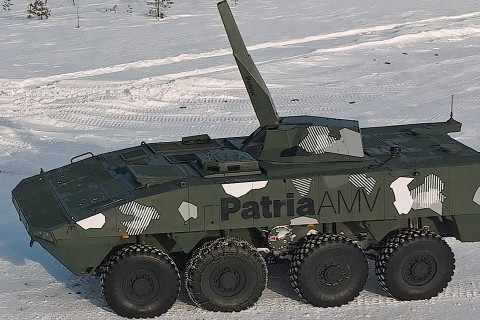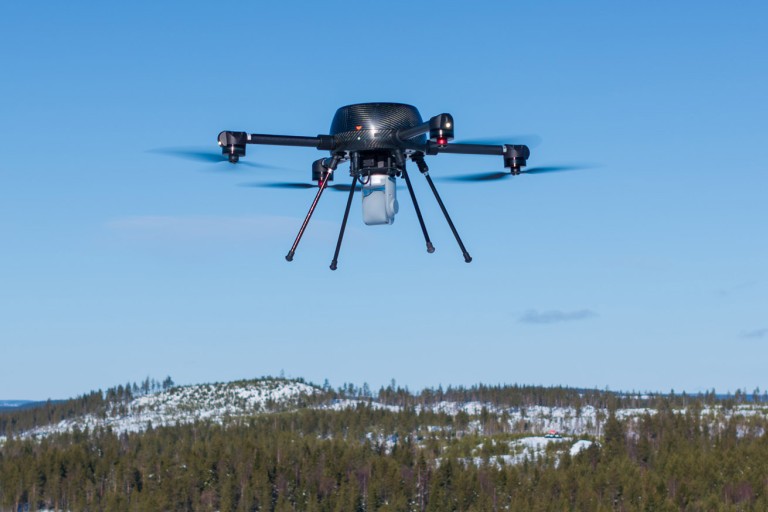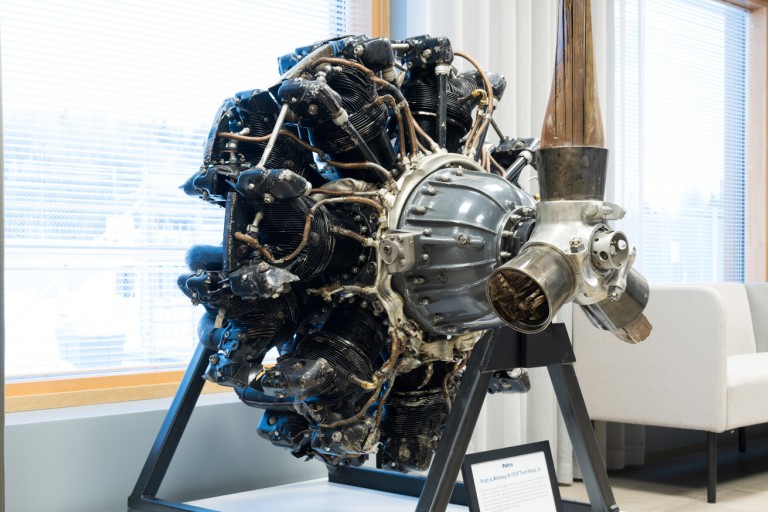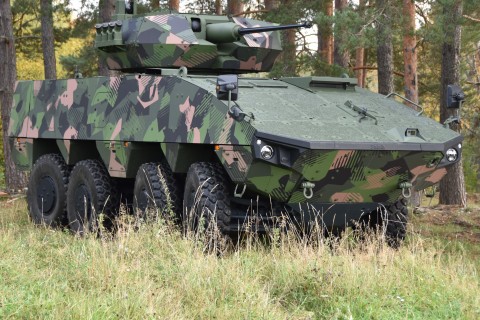
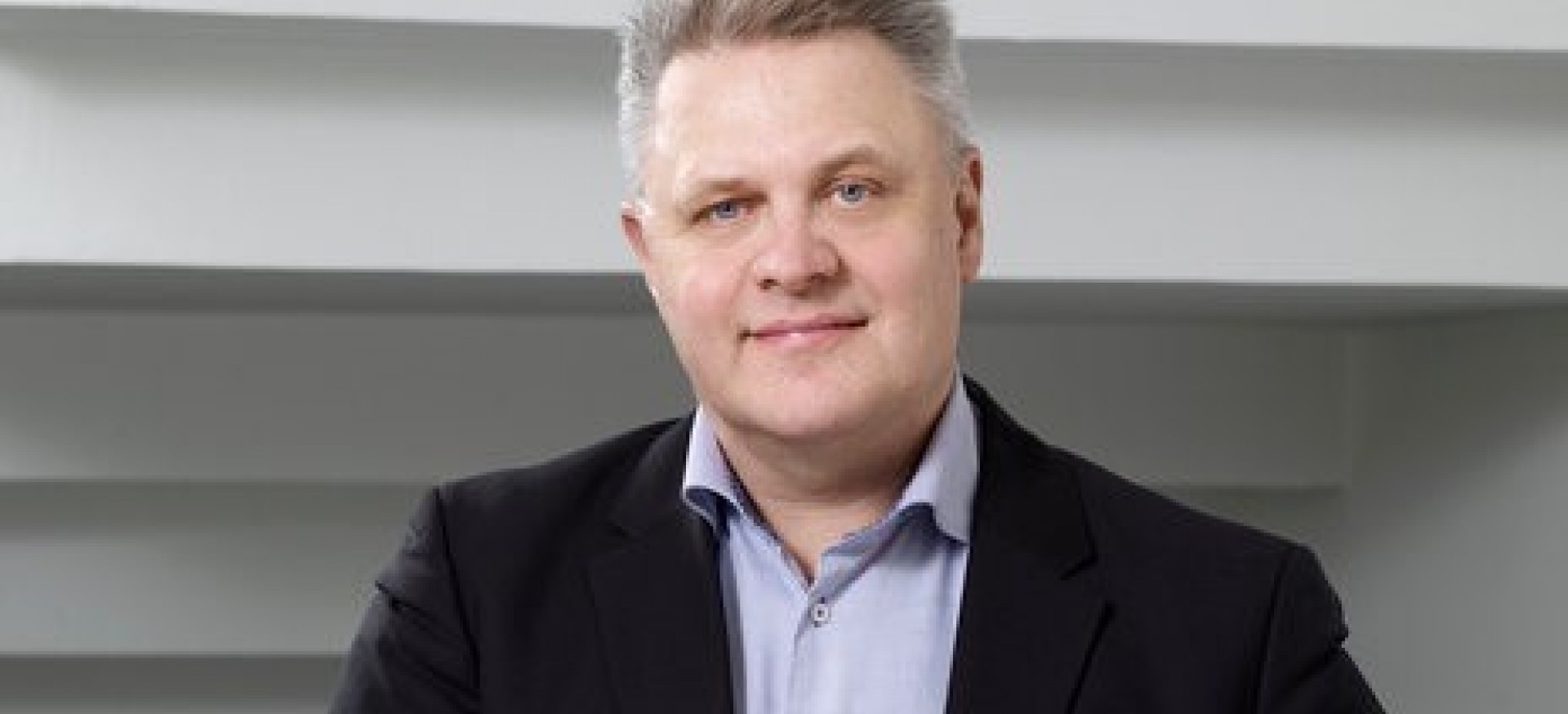
Preparedness to operate in exceptional circumstances bears fruit
4.11.2020
Patria's Aviation business unit has been able to perform its basic mission successfully during the coronavirus pandemic. Civilian pilot training has suffered as a result of difficulties in the sector, but safe ways have been found for people to interact.
Being prepared for, and operating in, exceptional circumstances has been an essential aspect of normal operations at Patria's Aviation business unit. The coronavirus epidemic that shook up the world this year did not, therefore, catch them unawares, says Martti Wallin, President of the unit.
“The coronavirus pandemic has given us the opportunity to test our transition from normal to exceptional circumstances. We’ve managed quite well – our planning and practices are now bearing fruit.”
Wallin is referring to the state of emergency that was declared in Finland for the first time. Aviation focuses on lifecycle support services for aircraft and helicopters, and its core maintenance operations for military and civilian fleets have gone smoothly, with a few small exceptions.
“Security of supply is a familiar concept in the defence sector. Availability of spare parts is crucial in our industry, and it has worked well – much better than in industry in general.
The same security of supply for engine maintenance has been ensured for both the navy and other operators.”
Wide awake – looking to the future
Significant changes have occurred in civilian pilot training. Air travel has declined dramatically, and airlines have laid off employees and made personnel reductions.
“This has been directly reflected in our business, and we’ve adjusted to the situation with employee lay-offs. It’s hard to estimate how long this situation will last.”
Before the pandemic, Patria had more than 100 pilots in various training programmes. That number has now fallen to less than half. Patria’s customers include major airlines such as Turkish Airlines and Finnair, who are now beginning to send encouraging news.
In light of the prevailing situation, Aviation has launched its own self-funded training, and Wallin says Patria’s eye is firmly fixed on the future.
“We’re keeping our training activities alive, and will be ready when the industry recovers from this temporary disruption.”
Reliability
Everyone in the Patria Group has been monitoring developments in the coronavirus situation since the early days. A separate coronavirus monitoring team was established to prepare policies and proposals for the Group Management Team to decide upon, and business units applied them in accordance with their own special characteristics.
“We’ve been wide awake with regard to exceptional arrangements. In Aviation, we’ve switched from one shift to two, changed our system for breaks, and upped our hygiene requirements.”
Production and production support personnel have continued on site, while other functions have adopted remoteworking. Work on customers’ premises has been done in accordance with their guidelines.
Interaction with customers has undergone a major change as a result of the coronavirus. This has been reflected in sales and with our foreign clients in particular. The restrictions in many European countries have been far stricter than in Finland.
“However, it has been possible to handle certain necessary functions, such as a variety of inspections, as the regulations have not changed.”
Wallin praises the functionality and flexibility of Finnish society when placed in a tight spot. Finland’s telecommunications infrastructure has withheld under the pressure from increased remoteworking, and Finns have mastered both remote connections and a new way of working .
“We’re in a good position going forward as long as the epidemic remains under control. However, we must remain vigilant and extremely cautious.”
What did you like about the article?
Thank you for your opinion! You can share the article on social media using the buttons below:
